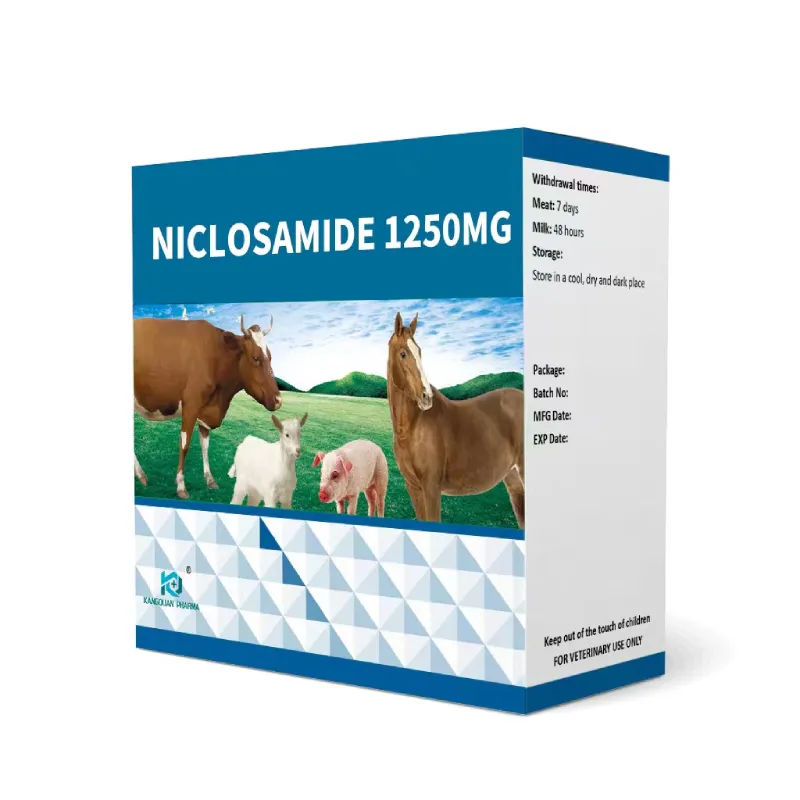- Afrikaans
- Albanian
- Amharic
- Arabic
- Armenian
- Azerbaijani
- Basque
- Belarusian
- Bengali
- Bosnian
- Bulgarian
- Catalan
- Cebuano
- Corsican
- Croatian
- Czech
- Danish
- Dutch
- English
- Esperanto
- Estonian
- Finnish
- French
- Frisian
- Galician
- Georgian
- German
- Greek
- Gujarati
- Haitian Creole
- hausa
- hawaiian
- Hebrew
- Hindi
- Miao
- Hungarian
- Icelandic
- igbo
- Indonesian
- irish
- Italian
- Japanese
- Javanese
- Kannada
- kazakh
- Khmer
- Rwandese
- Korean
- Kurdish
- Kyrgyz
- Lao
- Latin
- Latvian
- Lithuanian
- Luxembourgish
- Macedonian
- Malgashi
- Malay
- Malayalam
- Maltese
- Maori
- Marathi
- Mongolian
- Myanmar
- Nepali
- Norwegian
- Norwegian
- Occitan
- Pashto
- Persian
- Polish
- Portuguese
- Punjabi
- Romanian
- Russian
- Samoan
- Scottish Gaelic
- Serbian
- Sesotho
- Shona
- Sindhi
- Sinhala
- Slovak
- Slovenian
- Somali
- Spanish
- Sundanese
- Swahili
- Swedish
- Tagalog
- Tajik
- Tamil
- Tatar
- Telugu
- Thai
- Turkish
- Turkmen
- Ukrainian
- Urdu
- Uighur
- Uzbek
- Vietnamese
- Welsh
- Bantu
- Yiddish
- Yoruba
- Zulu
8 月 . 06, 2024 07:06 Back to list
Exploring the Types and Efficacy of Disinfectants Utilized in Veterinary Practices and Clinics
Disinfectants Used in Veterinary Clinics Importance and Best Practices
In veterinary medicine, maintaining a sterile environment is paramount to preventing infections and ensuring the health and safety of both animals and practitioners. Disinfectants play a vital role in this endeavor, as they are essential for cleaning surfaces, equipment, and ensuring that all areas of the clinic are free from harmful pathogens. Selecting the appropriate disinfectants, understanding their composition, and applying them correctly can greatly impact the efficiency of infection control in veterinary clinics.
Types of Disinfectants
Veterinary clinics typically use several types of disinfectants, each formulated to target specific categories of pathogens. Common classes of disinfectants include
1. Quaternary Ammonium Compounds (Quats) These are popular for their broad-spectrum antimicrobial properties, effectiveness against bacteria, viruses, and some fungi. They are often used on non-porous surfaces and are favored for their low toxicity and ease of use.
2. Chlorine Compounds Sodium hypochlorite, known as bleach, is a powerful disinfectant against a wide range of organisms, including bacteria, viruses, and fungi. However, it can be corrosive, and its potent smell requires careful handling and appropriate dilution to ensure efficacy without damaging surfaces.
3. Phenolic Compounds These are effective against numerous pathogens but can be toxic. They are often used in areas requiring stringent disinfection practices, such as surgical suites. Their residue may be harmful to some animals, so thorough rinsing is essential after application.
4. Alcohols Ethanol and isopropanol serve as effective disinfectants, particularly against bacteria and some enveloped viruses. They evaporate quickly, making them useful for disinfecting instruments and small surfaces.
5. Hydrogen Peroxide A versatile disinfectant that is effective against bacteria, viruses, and fungi, hydrogen peroxide has the added advantage of breaking down into harmless water and oxygen. It is often used in areas where environmental concerns are paramount.
Importance of Proper Use
disinfectant used in veterinary clinics

Using disinfectants correctly is just as crucial as selecting the right type. Professionals must adhere to the manufacturer's instructions regarding dilution, contact time, and safety precautions. Many disinfectants require a specific amount of time to remain wet on the surface to effectively kill pathogens. Inadequate contact time could lead to subpar disinfection and create breeding grounds for resistant strains of bacteria.
Furthermore, understanding the differences between cleaning, sanitizing, and disinfecting is vital. Cleaning removes organic matter and debris, which can harbor pathogens; sanitizing reduces the number of microbes, while disinfecting eliminates them. Therefore, a comprehensive cleaning regimen should always precede disinfection to achieve optimal results.
Selection Criteria
When selecting disinfectants for veterinary clinics, several criteria should be considered
1. Spectrum of Activity Determine which pathogens are most likely to be encountered and select disinfectants effective against those organisms.
2. Safety and Toxicity Consider the safety profile of the disinfectant in relation to both animal and human health, especially in sensitive environments like clinics.
3. Compatibility Ensure that selected disinfectants do not damage surfaces, instruments, or equipment within the clinic.
4. Environmental Impact Opt for eco-friendly options when available, as they contribute to a sustainable practice while ensuring the health of all clinic occupants.
Conclusion
Disinfection in veterinary clinics is crucial for controlling infections and promoting overall health in animals. By understanding the various types of disinfectants, their appropriate use, and selecting the right products, veterinary professionals can effectively safeguard both the clinic environment and the well-being of their patients. Regular training and updates on best practices in disinfection should be part of the standard operating procedures in every veterinary clinic to ensure a safe and healthy setting for all.
-
The Power of Radix Isatidis Extract for Your Health and Wellness
NewsOct.29,2024
-
Neomycin Sulfate Soluble Powder: A Versatile Solution for Pet Health
NewsOct.29,2024
-
Lincomycin Hydrochloride Soluble Powder – The Essential Solution
NewsOct.29,2024
-
Garamycin Gentamicin Sulfate for Effective Infection Control
NewsOct.29,2024
-
Doxycycline Hyclate Soluble Powder: Your Antibiotic Needs
NewsOct.29,2024
-
Tilmicosin Premix: The Ultimate Solution for Poultry Health
NewsOct.29,2024













